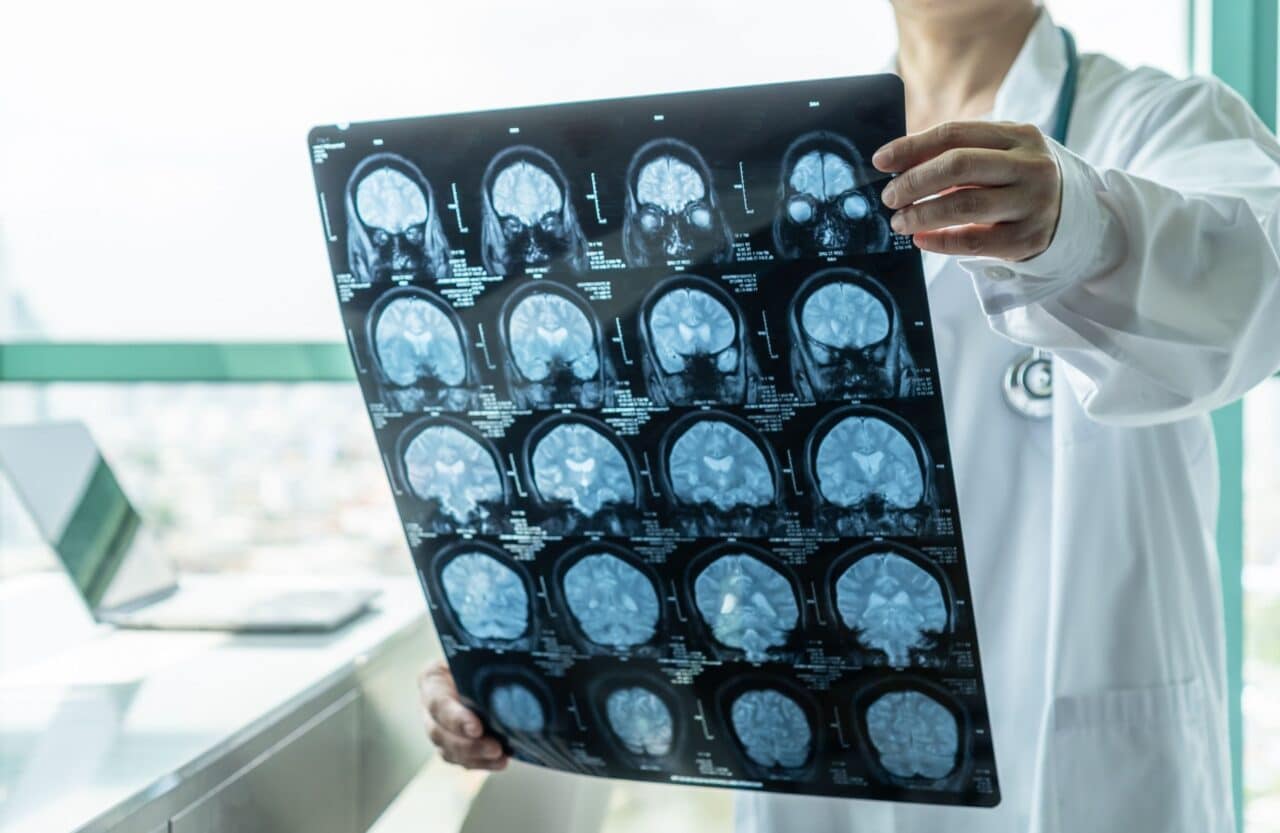This article is part one of a new series, Understanding Addiction.
The dictionary defines addiction as “the fact or condition of being addicted to a particular substance, thing, or activity.” The same source defines cancer as “a disease caused by an uncontrolled division of abnormal cells in a part of the body.”
Do you notice a difference? We only refer to one of the two as a disease.
Unfortunately, this difference in definition is also a common misconception that many have regarding addiction. Many people believe it is not a disease but a choice of the person addicted.
Dr. Mike Wilkerson, Corporate Medical Director for Bradford Health Services, helps us better understand the disease of addiction.
How is Addiction a Disease?
The definition of disease is “a particular abnormal condition that negatively affects all or part of an organism’s structure or function.”
Substance addiction is proven to disrupt the neurological pathways of pleasure within the brain. This disruption prevents dopamine from flowing through the brain at a regular frequency. Reduced dopamine levels lead to feelings of fatigue, mood changes, and even loss of balance.
The disrupted neurological pathways are the abnormal condition, and the brain is the part affected. So, going back to the dictionary’s definition, addiction is a disease.
Bio-Psycho-Social-Spiritual Model vs. Moral Model
There are several ways to categorize views on addiction. One of these is the Bio-Psycho-Social-Spiritual Model. This model states that biological phenomenon underlies all aspects of addiction and “addictive behavior.” It also says that psychological, social, and spiritual issues are all facets of addiction. This model takes into consideration the wellbeing of a persons’ body and mind. Over the last few decades, this view on addiction has increased in popularity because it incorporates current medical knowledge.
An unfortunately popular view, the Moral Model, lies opposite of the Bio-Psycho-Social-Spiritual Model. It states that addiction results from an individual’s inherent moral weakness and lack of willpower.
“This is a view on addiction that is very prevalent in society and is one of the most harmful,” says Dr. Wilkerson. “Families and businesses are led to believe that addiction is the result of a weak mental attitude, rather than the disease that it is. We need to ensure that this model continues to diminish in popularity and provide people with a better understanding of the neurobiological basis of addiction.”
Common Misconceptions
The moral model drives the common misconceptions of addiction. Unfortunately, many in society still avoid accepting addiction as a disease. Instead, they believe an addict can choose to stop using drugs or drinking alcohol.
“The same can be said to a smoker that develops lung cancer or someone with an unhealthy diet who is diagnosed with heart issues,” explains Dr. Wilkerson. “The truth is that life choices can cause or worsen many diseases. So, why do people still not consider addiction a disease?”
There are many possible answers to this question. The symptoms of the disease would certainly be one of them. Symptoms often involve weight loss, pain, and other things that cause people to sympathize with the infected person. An addict does not show any signs like this. People see in an addict the possessions that they steal and the lies that they tell. They hurt the people who lend them a helping hand and destroy any feelings of sympathy. These things make it easier for people to look at addiction as something other than a disease.
Medical Model of Addiction
Compared to the Bio-Psycho-Social-Spiritual-model, the Medical Model is simple. The Medical Model view states that a genetic predisposition (genotype) influenced by environmental factors determines the expression of addiction (phenotype). In short, a person’s DNA and the environment that they find themselves in affects how likely they are to become addicted.
The child of an alcoholic is more likely to develop an alcohol addiction themselves than someone who has no family history of alcoholism. Genetics are all based on percentages, so this does not hold for every case. A person could have an alcoholic parent and not inherit their addictive traits.
A person’s environment is the other factor that influences addiction. Someone that grows up in a household or hangs out with a peer group that commonly uses drugs and alcohol has a greater chance of becoming an addict.
Conclusion
“I am grateful to say, about four years ago, addiction medicine was recognized as a certifiable board specialty,” said Dr. Wilkerson. “As our knowledge of addiction has expanded, we now realize that it is not a choice. It is a disease that has destroyed families, broken homes, and taken many lives. We need to rid the stigma that surrounds addiction treatment and allow people to feel comfortable enough to get the help that they need.”
In part 2 of Understanding Addiction, we will look at how the disease of addiction affects the brain.



